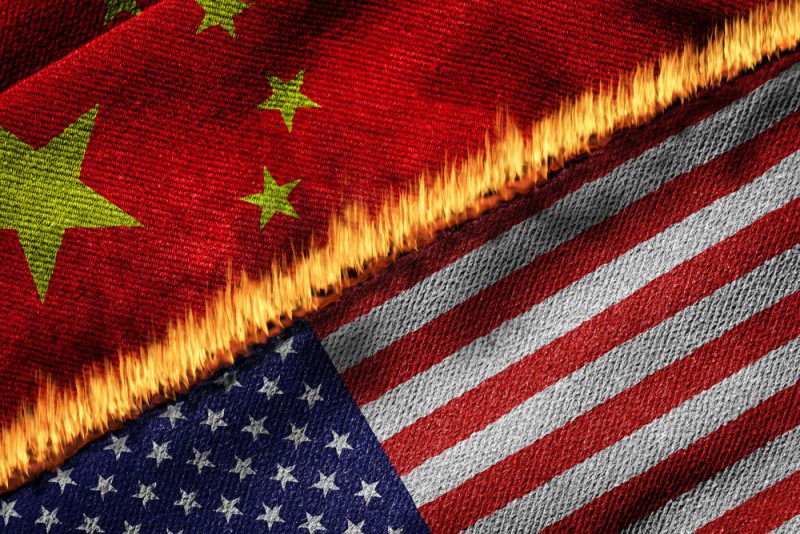The US Department of Commerce has added 80 entities to its export control “entity list,” including more than 50 from China, as part of an intensified crackdown on the flow of advanced American technologies.
The move is the Trump administration’s first such action under its ongoing national security policy and aims to prevent China from acquiring sensitive US-origin technology for military purposes.
The banned companies include developers of artificial intelligence (AI), exascale computing, and quantum technologies.
Firms can no longer be supplied by US businesses without a government-issued licence.
27 firms linked to China’s military tech
According to the Bureau of Industry and Security (BIS), 27 of the blacklisted Chinese organisations were added for allegedly obtaining US-origin items that contribute to China’s military modernisation efforts.
Another seven were listed for assisting in the advancement of China’s quantum technology capabilities.
These additions are part of a larger strategy to curb Beijing’s access to cutting-edge computing technologies that are believed to have both civilian and military uses, commonly referred to as “dual-use technologies”.
The listed entities are accused of acting “contrary to the national security or foreign policy interests of the United States”, with some reportedly supplying to already-sanctioned Chinese giants like Huawei and its chipmaking arm HiSilicon.
These measures follow a broader pattern of the US reinforcing export controls over tech products linked to defence applications and surveillance infrastructure.
Inspur and others face renewed bans
Six subsidiaries of Chinese cloud computing provider Inspur Group were included in the updated blacklist.
These had previously faced sanctions under the Biden administration in 2023.
Inspur’s recurring appearance on the list highlights Washington’s concerns about its potential role in facilitating access to restricted technologies.
The updated restrictions also extend to entities believed to be intermediaries or “transit points” in third countries.
These intermediaries are suspected of enabling Chinese firms to obtain banned items despite prior controls.
Analysts point out that Chinese companies have been using such third-party networks to acquire strategic US-made dual-use technologies that would otherwise be inaccessible.
US-China tensions tighten tech controls
The new round of sanctions comes amid worsening US-China tensions.
The Trump administration has ramped up tariffs and trade restrictions targeting China’s tech sector, particularly focusing on semiconductors, supercomputers, and AI chip development.
These efforts are part of the “small yard, high fence” policy, which aims to selectively isolate sensitive technologies with military implications while preserving general trade.
The Commerce Department confirmed that it will continue to enhance its tracking and tracing of unauthorised exports, especially those involving advanced semiconductors made by Nvidia and AMD.
This includes ongoing investigations into potential smuggling activities and circumvention of export controls via third-party suppliers.
The move also comes in the wake of Chinese AI startup DeepSeek’s rapid growth, which has popularised open-source, low-cost AI models.
These developments have challenged US tech firms by offering alternatives to their high-cost, proprietary systems, prompting Washington to reassess how its technologies are being adopted globally.
The post US widens AI export bans to 80 firms, 50 based in China appeared first on Invezz


